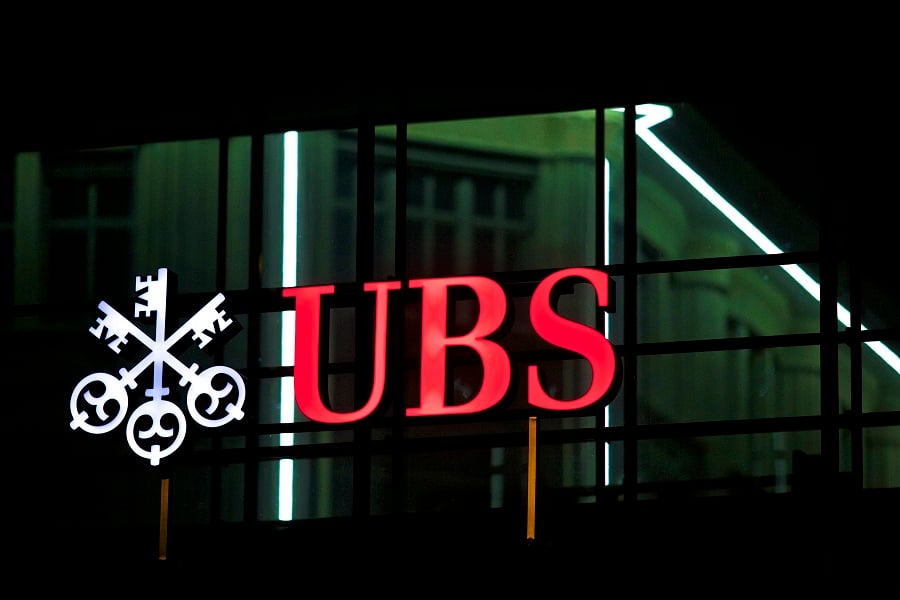

More than a year after it bought Credit Suisse, UBS has reportedly found itself on the hook over charges that the failed Swiss lender helped tax-evading clients pull their wealth out of American authorities' reach.
UBS is reportedly expected to pay hundreds of millions of dollars to resolve violations by Credit Suisse related to a 2014 plea agreement with the US Justice Department.
Citing anonymous sources, the Wall Street Journal reported Thursday that a settlement could be finalized as early as this week, marking a significant move by federal prosecutors under the Biden administration to address corporate recidivism.
As the Journal reported, Credit Suisse admitted in 2014 that it conspired to assist thousands of American clients in evading taxed. As part of a plea agreement, the bank paid US authorities $2.6 billion and promised to identify and close undisclosed accounts held by US citizens, as well as provide details to the Department of Justice about the where the funds in those accounts would be transferred. Its failure to fully comply left it exposed to further penalties.
Previous reporting by the Journal detailed how Justice Department officials questioned Credit Suisse over hidden accounts holding hundreds of millions of dollars that the bank closed after its guilty plea, but didn't immediately report. By dragging its feet on that disclosure, the bank reportedly allowed some taxpayers to move assets undetected.
The Senate Finance Committee also scrutinized the bank, concluding in April 2023 that Credit Suisse may have facilitated a continuing criminal tax conspiracy involving more than $100 million held by family holding dual citizenship in the US and Latim America. Additional undeclared accounts were also identified during the investigation.
UBS, which acquired Credit Suisse during a government-brokered rescue in 2023, reserved $4 billion to address its once-rival's legal baggage. Among those concerns were unresolved tax-related probes, allegations of undisclosed Nazi-era accounts, and a dispute with Georgian billionaire Bidzina Ivanishvili.
The case is the latest in a broader years-long story of Swiss banks facing increased scrutiny from US regulators after previously allowing clients to veil their wealth from the American tax system. UBS itself has been on the wrong end of such cases in the past, paying $780 million in 2009 to resolve similar allegations.

Canadian stocks are on a roll in 2025 as the country prepares to name a new Prime Minister.

Two C-level leaders reveal the new time-saving tools they've implemented and what advisors are doing with their newly freed-up hours.

The RIA led by Merrill Lynch veteran John Thiel is helping its advisors take part in the growing trend toward fee-based annuities.

Driven by robust transaction activity amid market turbulence and increased focus on billion-dollar plus targets, Echelon Partners expects another all-time high in 2025.

The looming threat of federal funding cuts to state and local governments has lawmakers weighing a levy that was phased out in 1981.
RIAs face rising regulatory pressure in 2025. Forward-looking firms are responding with embedded technology, not more paperwork.
As inheritances are set to reshape client portfolios and next-gen heirs demand digital-first experiences, firms are retooling their wealth tech stacks and succession models in real time.
